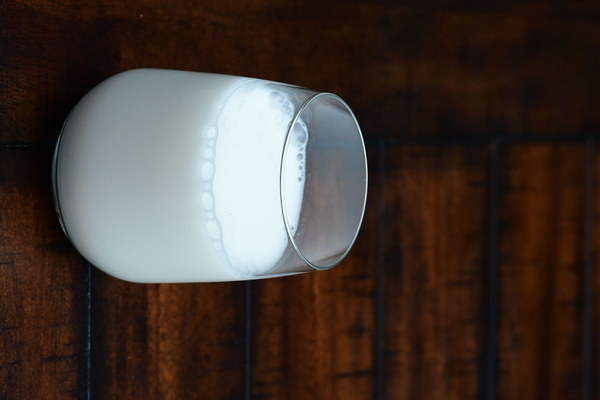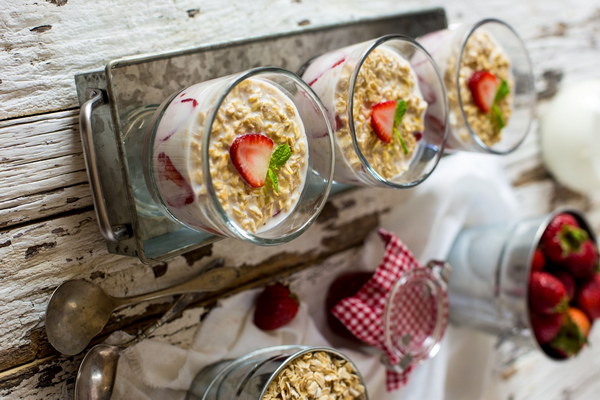Unlocking Your Crossfit Performance The Ultimate Guide to Diet Supplements
Introduction:
Crossfit, an intense and dynamic workout regimen, demands not only physical strength but also optimal nutrition. To enhance performance and recover faster, many Crossfit enthusiasts turn to diet supplements. This article explores the most popular Crossfit diet supplements, their benefits, and how they can help you achieve your fitness goals.
1. Protein Powders:
Protein is essential for muscle repair and growth, making protein powders a staple in the Crossfit community. Here's a breakdown of the most common types:
a. Whey Protein: Derived from milk, whey protein is quickly absorbed and provides all nine essential amino acids. It's perfect for post-workout consumption to aid muscle recovery.

b. Casein Protein: Unlike whey, casein is a slow-digesting protein that provides a steady supply of amino acids over time. It's ideal for consumption before bedtime or during extended fasting periods.
c. Plant-Based Protein: For those with dietary restrictions or looking for a vegan alternative, plant-based proteins like pea, brown rice, and soy are excellent choices.
2. BCAA Supplements:
Branched-Chain Amino Acids (BCAAs) include leucine, isoleucine, and valine. These essential amino acids play a crucial role in muscle protein synthesis and recovery. BCAA supplements can be beneficial during intense workouts and for those with high protein intake.
3. Pre-Workout Supplements:
Pre-workout supplements provide a boost of energy, focus, and endurance to help you push through your Crossfit workouts. Here are some popular ingredients:
a. Caffeine: A stimulant that enhances alertness and focus, caffeine is a key ingredient in many pre-workout formulas.
b. Beta-Alanine: This amino acid increases muscle carnosine levels, delaying muscle fatigue and improving performance.
c. Citrulline Malate: An amino acid that improves endurance and muscle pumps during workouts.
4. Electrolyte Supplements:
Electrolytes are essential minerals that help maintain fluid balance, muscle function, and nerve signaling. Crossfit workouts can lead to excessive sweating and electrolyte depletion. Replenishing electrolytes with supplements can prevent cramps, fatigue, and dehydration.
5. Omega-3 Fatty Acids:
Omega-3 fatty acids, particularly EPA and DHA, are known for their anti-inflammatory properties. Incorporating omega-3 supplements into your diet can help reduce muscle soreness and improve recovery.
6. Vitamin and Mineral Supplements:
A balanced diet should provide most of the vitamins and minerals you need. However, Crossfit athletes often have higher nutrient demands. Consider supplementing with:
a. Vitamin D: Essential for bone health and muscle function, vitamin D supplements can help prevent deficiencies.
b. Calcium: Another vital mineral for bone health, calcium supplements can be beneficial for those with high protein intake, which can increase calcium excretion.
c. Magnesium: Magnesium plays a role in over 300 biochemical reactions in the body, including muscle function and energy production. Magnesium supplements can help with muscle recovery and sleep.
Conclusion:
Incorporating the right diet supplements into your Crossfit routine can significantly enhance your performance and recovery. However, it's crucial to consult with a healthcare professional before starting any supplement regimen. Remember that supplements should complement a balanced diet and consistent training to achieve optimal results.









